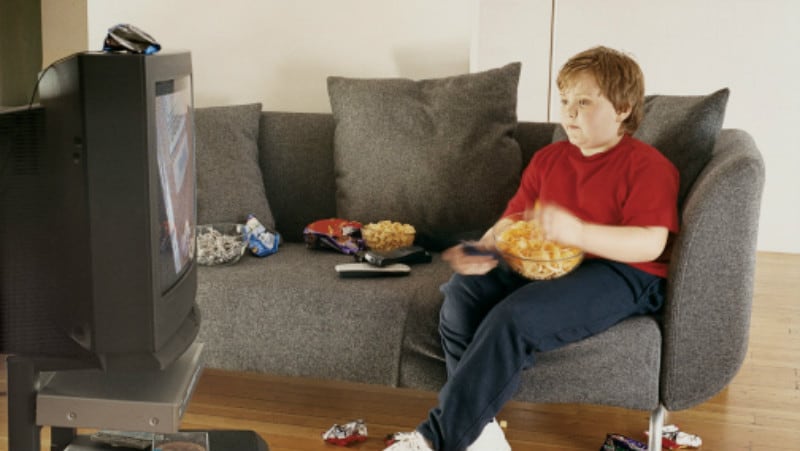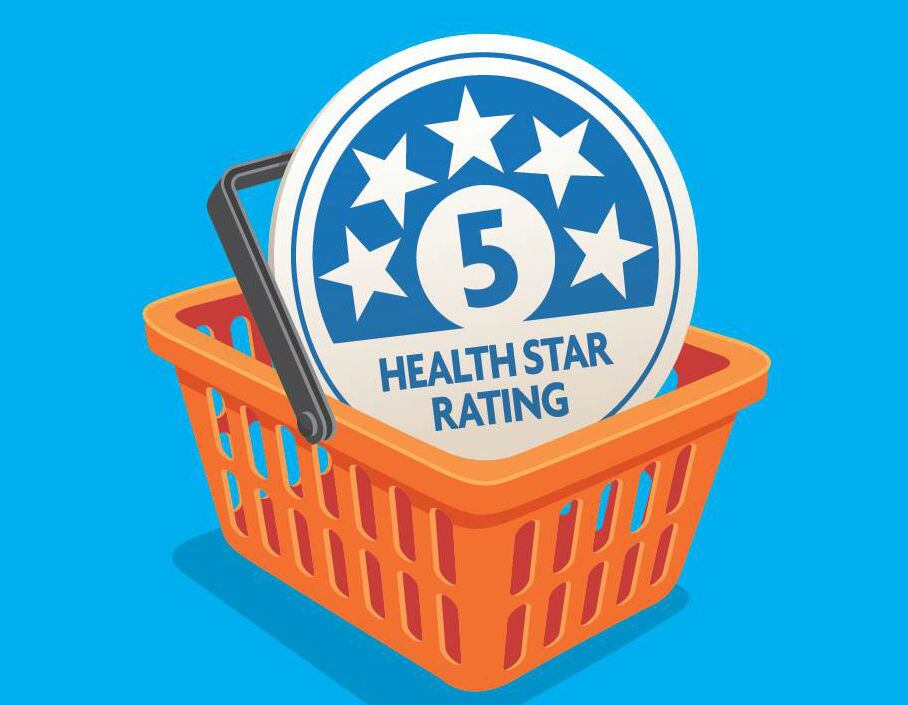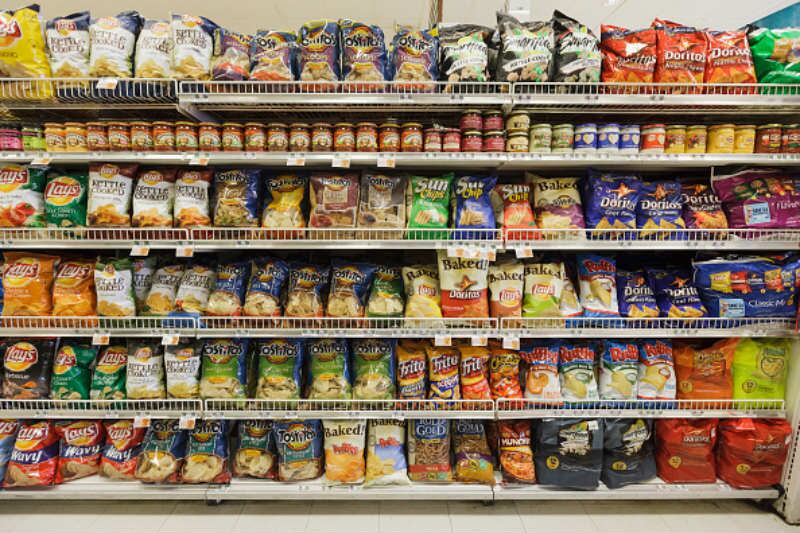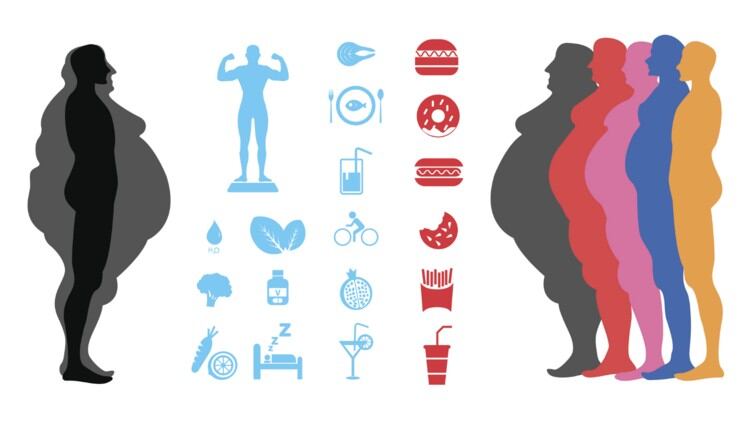“Children, in particular, are extremely susceptible to marketing messages, and exposure to food advertising is associated with increased food intake in children,” Associate Professor Gary Sacks from the Deakin University Global Obesity Centre told FoodNavigator-Asia.
“The widespread availability of unhealthy food that is heavily marketed has contributed to the increasingly high rates of obesity and diet-related diseases in the region.”
The current recommendation is to eliminate the exposure of children below the age of 18 to the marketing of ‘unhealthy foods’, and the World Health Organisation (WHO) has called for ‘strong government action’ in line with this, but Professor Sacks said that countries in APAC have been ‘slow to act’.
“[To] eliminate the exposure of children to marketing of unhealthy foods [means] we need to eliminate ads for these products at the times when children are watching TV the most. In most countries, this would mean a ban on ads up until around 9pm,” he said.
“If restrictions only applied during programmes specifically directed at children, kids would still be exposed to a high number of ads in the evenings during the most popular shows for their age groups.”
In Malaysia, data from the University Malaya Specialist Centre (UMSC) stated that 1.65 million Malaysian school children are expected to be overweight or obese by 2025, with 28,000 suffering from Type 2 diabetes, 191,000 having high blood pressure and 264,000 having first-stage fatty liver disease.
“We know that a range of actions are needed to address the rapidly increasing rates of chronic disease. Bans on TV advertising of unhealthy foods would complement the recently implemented tax on sugar in Malaysia,” Professor Sacks added.
The country implemented a tax on sugar-sweetened beverages this year on July 1, in an effort to combat rapidly rising obesity rates – numbers from the Ministry of Health showed that almost 50% of all Malaysians were overweight or obese.
Data from World Cancer Research Fund International showed that to date, the closes semblance to any sort of ‘ban’ on junk food ads in the country was back in 2008, when the Ministry of Health rolled out the voluntary ‘Guidelines of Advertisement and Nutrition Labelling for Fast Food Restaurants’.
This requests, on a voluntary basis, that fast food restaurants not advertise in, and act as sponsors of, children’s TV programmes. Of note is that the Ministry of Health does not monitor the implementation of these guldelines.
Industry reaction
Malaysian F&B trade body FMM Malaysian Food Manufacturing Group (FMM MAFMAG) expressed general support for the suggestion to curb advertising to a young audience, but not so much a total ban. It pushed for child obesity to be seen as more of a 'multi-factorial issue', and that solutions to these challenges need 'input and commitment from industry and other stakeholders'.
"We believe that labelling specific foods 'good food' or 'bad food' is an over-simplistic approach that detracts from the focus of increasing nutritional education and awareness, as well as promoting healthier lifestyles," it said via a formal statement to FoodNavigator-Asia.
"Solutions to tackle this complex issue should be grounded on science evidence, comprehensive in scope, with active participation from all involved. Implementing legislation such as a total ban is not necessarily more effective in tackling this complex issue.
"In Malaysia, FMM MAFMAG has already committed to the Responsible Advertising to Children Pledge (Malaysia Pledge), which aims to ensure that children below 12 years of age are not exposed to overwhelming food and beverage advertising during children’s programming.
"This pledge has been signed by FMM MAFMAG members who represent more than 70% of total food and beverages advertising spend in Malaysia. These commitments include only advertising certain products that meet specific nutrition criteria to children under 12 years old OR not to advertise to children at all."
It claimed that since implementation, the pledge had seen a 'high average compliance rate of 98%', based on independent monitoring by Nielsen, and advocated that this self-regulation 'can be more dynamic and more effective than formal legislative restrictions'.
"If the self-regulatory framework becomes an industry norm, statutory legislation is no longer necessary," said FMM MAFMAG.
Junk food ad bans in APAC
According to Professor Sacks, children in the APAC region as a whole are ‘heavily exposed to the marketing of unhealthy food’, leading to rising obesity rates in the region.
Based on WHO recommendations, he cited Korea as the current ‘best example’ of having implemented a junk food advertisement ban.
“The best example of regulatory action in the region is in the Republic of Korea, where the government has laws in place that prohibit advertising for specific categories of food before, during and after programmes shown between 5pm–7pm and during other children’s programmes,” he said.
“The restriction also applies to advertising on TV, radio and internet that includes “gratuitous” incentives to purchase (e.g. free toys).”
In addition, Taiwan has also had a form of ‘junk food’ ad banning since 2016. This applies to ‘restricted food products’ including snacks, candies, drinks, ice products and food products with over 30% of fats, over 10% of saturated fats, over 400mg of sodium per serving, or over 10% of added sugars as per total calorie count.
“Restricted food products are banned from being advertised on [the 13] ‘dedicated TV channels for children’ (determined by TV channel operators) between 5pm–9pm,” stated World Cancer Research Fund International.
“Restricted food products are also banned from being advertised and promoted with toys that are given as free gifts or with an additional price, including at fast food chain restaurants.”
All violations of these regulations are liable for a penalty between NTD40,000 (US$1,360) and NTD4mn (US$136,300).
Why not industry?
Close by in Australia, a recent University of Adelaide study led to calls for such bans after revealing that ‘conservative estimates’ showed children were exposed to over 800 advertisements for unhealthy foods daily, or about four hours of continuous content.
"If we actually look at the time when most children are watching TV, like over 200,000 children in the audience, it actually works out a little bit more. It's more like a thousand ads watched and over five hours of total duration of unhealthy food advertising, so that's quite a lot of exposure," study lead author Professor Lisa Smithers said to SBS.
"Another issue to remember is that this is just television, children are being exposed to advertising from other media as well."
The state of Queensland recently announced restrictions on junk food ads in settings ‘managed by the government’, which includes train stations, bus stops and the like.
“The policy has only just taken effect and so there is not yet evidence of what impact it has had,” said Professor Sacks.
Responding to queries on whether industry should take the lead in such ‘healthier food’ initiatives, he said: “There is strong evidence from all around the world that voluntary pledges from food companies have not been effective in reducing the exposure of children to unhealthy food marketing.”
“While there is scope for companies to take meaningful action on a voluntary basis, government regulation would create a level playing field for businesses and is likely to be much more effective than voluntary action from some companies.”





